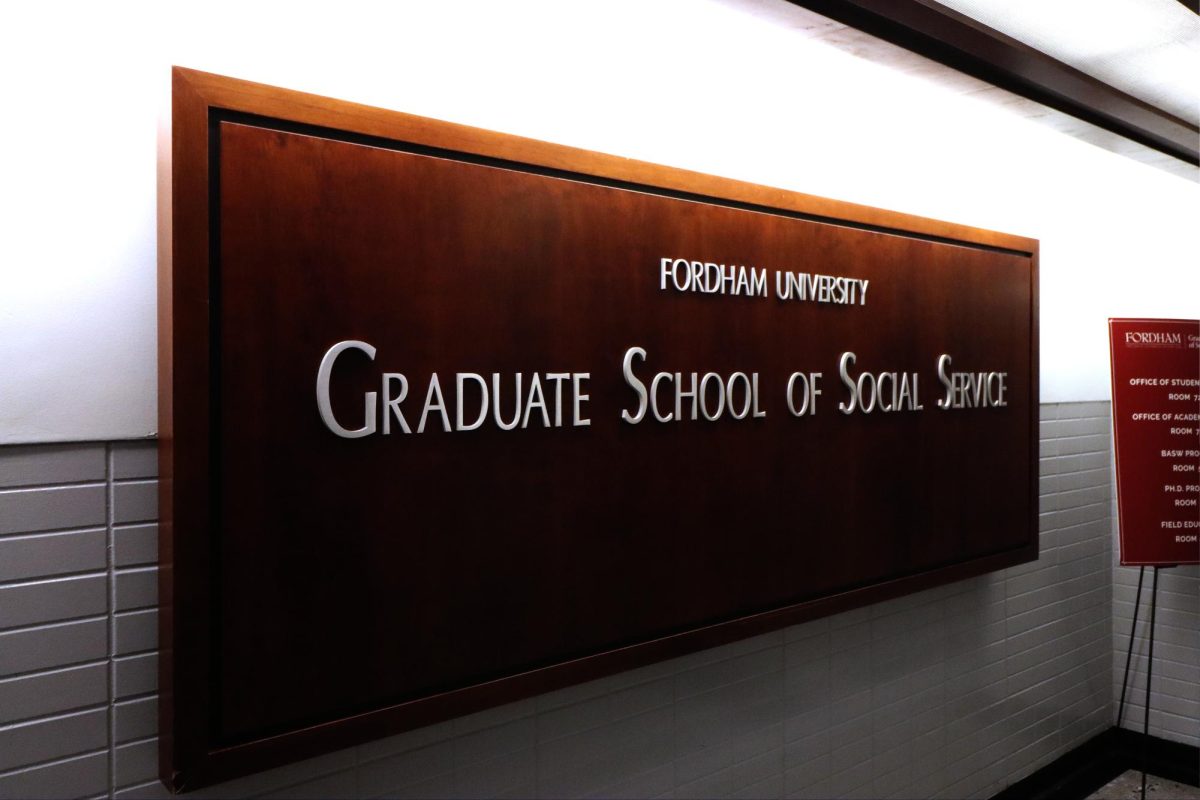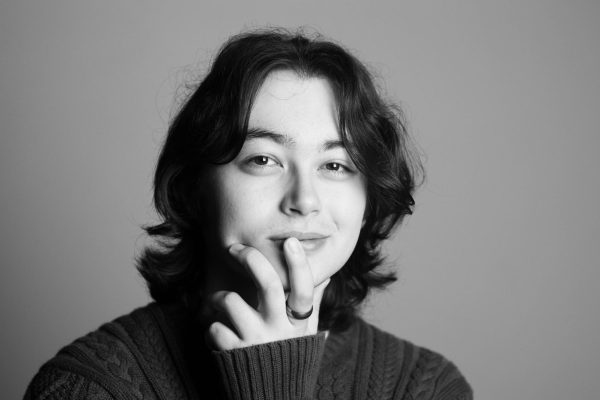Fordham University’s Graduate School of Social Service (GSS) announced a reduction in the required fieldwork hours at the end of August for its social work students. The change is in effect for the fall 2024 semester after the New York State Department of Education Office of Profession approved GSS’s application.
Fordham previously required 950 hours of unpaid fieldwork — 50 hours above the 900 mandated by the Council on Social Work Education. The unpaid internship hours sparked a movement among graduate students led by organizers like Dan Kaminsky, GSS ’25.
“We realized we weren’t suffering in isolation. All of us were burnt out, feeling overworked and undervalued,” Kaminsky said.
Recognition of their shared struggle led students to open Fordham’s Payment for Placement (P4P) chapter, a movement that started at the University of Michigan three years ago. With over 50 chapters at different universities, P4P advocates for ending unpaid social work internships.
“The biggest barrier is the requirement of 900 hours of unpaid work, which limits workforce entry,” Kaminsky said. “Social work primarily serves vulnerable communities, so a lack of diverse representation in the workforce hurts the clients themselves.”
Social service students are placed in various areas to earn field hours, from schools to mental health clinics.
“Many of these places are not funded, meaning we are not paid, which is incredibly detrimental to students and the health of the city and state at large,” Kaminsky said.
P4P organizers launched a survey of graduate students and started gathering signatures in support of their push for change.
“We reached out to professors, asking for class time to speak about our petition, and they were incredibly supportive,” Kaminsky said. The movement expanded and collected over 400 signatures within five weeks.
The reduction of hours from 950 to 900 may not seem to be a significant change on paper, but Kaminsky said that it is important.
Kaminsky said the survey results exposed the struggles that graduate students faced.
“We received pages of responses from students sharing experiences of burnout, illness, panic attacks, and tough choices like having to choose between eating or paying for transportation,” Kaminsky said. “Some even shared how they barely had time to see their children.”
The reduction of hours from 950 to 900 may not seem to be a significant change on paper, but Kaminsky said that it is important.
“It gives students an extra day in their week for studying, self-care, or even earning more income — small changes that can make a big difference,” he said.
Natalia Arai, GSS ’26, who will begin fieldwork next year, said she is grateful for the change. She said she is particularly passionate about working with multicultural communities and addressing the intersectionality of policies that affect these groups.
Debra McPhee, dean of GSS, submitted the proposal in the hopes of supporting graduate students in their internships.
“We believe these changes will go a long way in better supporting all students in pursuing and completing a professional social work degree,” McPhee said. “At the same time, the GSS faculty ensured that this structural change would in no way diminish the critical role of field education or the quality of the field experience for our social work students.”
Natalia Arai, GSS ’26, who will begin fieldwork next year, said she is grateful for the change. She said she is particularly passionate about working with multicultural communities and addressing the intersectionality of policies that affect these groups.
“As an adult student working full time with significant financial responsibilities, knowing that the required field hours have been reduced is a relief,” Arai said.
While challenges can seem overwhelming, Kaminsky said there are moments of hope and victory when facing the frustrations of slow progress in activism.
“Organizing can feel demoralizing because you’re constantly butting your head against a brick wall without seeing progress,” Kaminsky said. “This story is important because it shows that when you organize, you can win, and real change can happen. We need to celebrate those victories.”
P4P Fordham is exploring various ideas for its next initiative, holding town halls to gather additional student input on their priorities.


